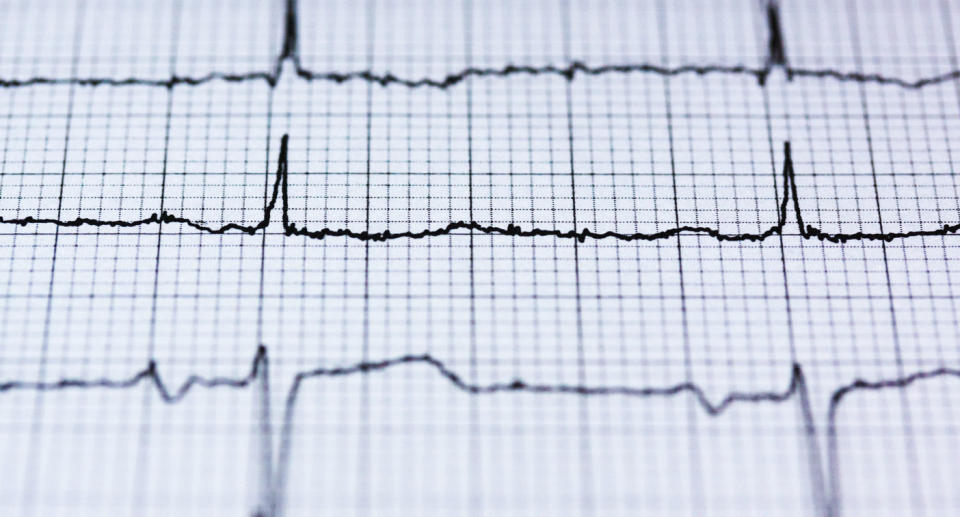What are the different types of heart disease?

The heart is a muscular organ that pumps blood throughout your body and is vital for your health. This blood carries the oxygen and nutrients that your organs need to function normally. It also carries waste products, such as carbon dioxide, away for removal.
The heart is controlled by an electrical system and beats about 100,000 times daily and about 70 times a minute on average.
This organ that is so critical to the normal functioning of the body is also highly vulnerable to disease. Heart disease or cardiovascular disease, which refers to ailments of the heart and blood vessels, is the No. 1 cause of death globally.
The Singapore Heart Foundation reveals that cardiovascular disease accounted for 29.5 per cent of all deaths in Singapore in 2016.

Five common heart conditions:
Abnormal heart rhythm or arrhythmia: This occurs because of a problem with the heart’s electrical system. It can cause the heart to beat too fast or too slow. The most common abnormal heart rhythm is atrial fibrillation.
Angina: This is chest pain or discomfort and occurs if part of your heart doesn’t get enough oxygen-rich blood. It is a warning sign of a heart attack.
Heart attack: Similar to angina, this occurs when the flow of oxygen-rich blood to the heart is blocked. This loss of oxygen causes damage to the heart muscle.
Both angina and heart attack usually occur as a result of coronary heart disease, also called coronary artery disease, which is the most common type of heart disease.

Heart failure: This occurs when your heart is weakened and is unable to properly pump blood to the body. This weakness can be caused by a heart attack, narrowed arteries or high blood pressure.
Cardiac arrest: This is the sudden loss of heart function which disrupts the normal flow of blood to the body. Its most common cause is an abnormal heart rhythm called ventricular fibrillation.
Other stories from the author:
Follow Yahoo Lifestyle Singapore on Facebook.


